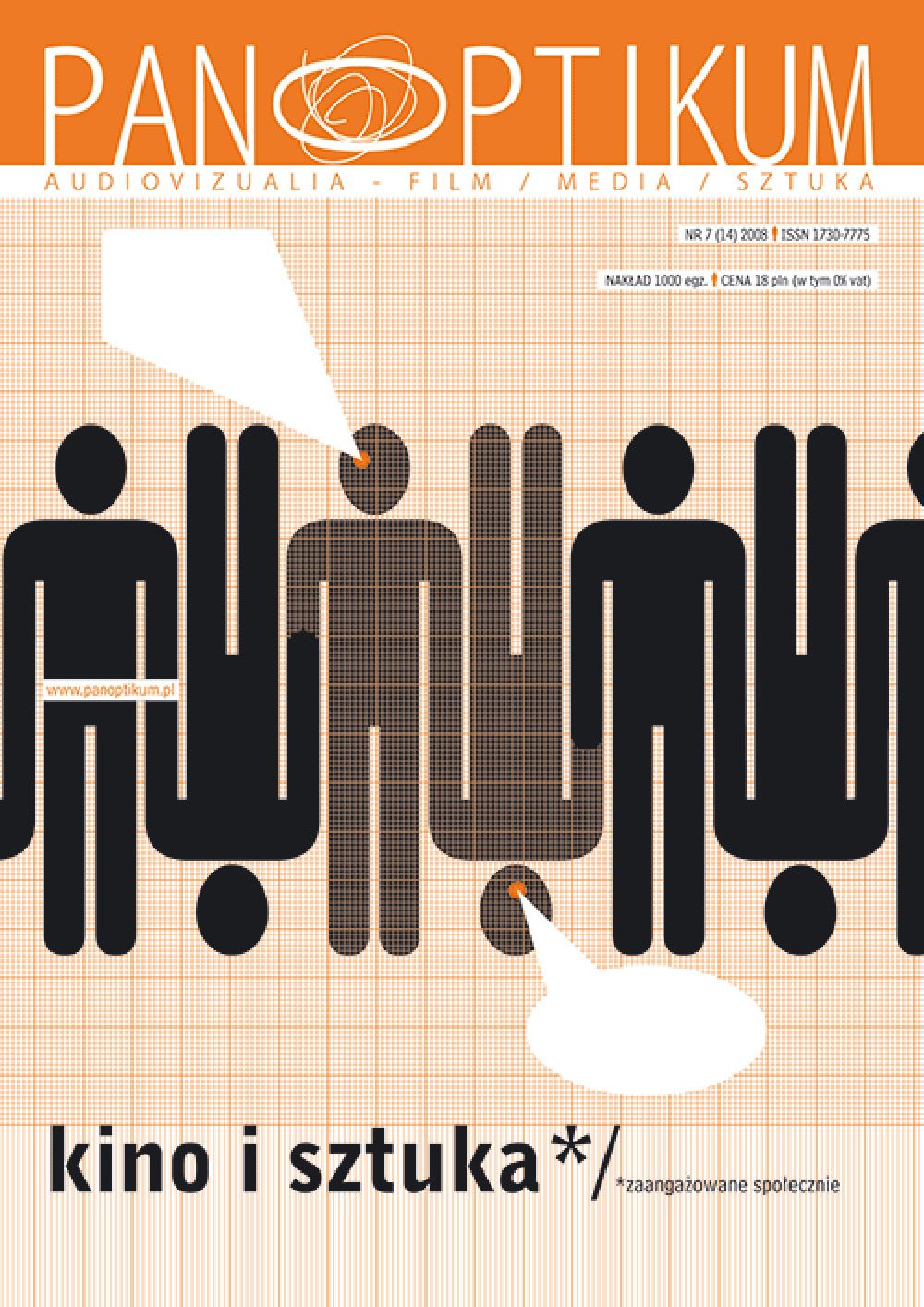Rodzinne transgresje Kazuo Hary
Abstrakt
Extreme Private Eros: Love Song 1974 is a second documentary in the filmography of Kazuo Hara, artist regarded as a pioneer of a “private film” [kojin eiga]. At first alone and later with his lover and producer, Sachiko Kobayashi, he travels to Okinawa to film his ex-girlfriend, a radical feminist, Miyuki Takeda. He is not a distant observer, but a protagonist of his own movie, the experiment. Among the scenes illustrating the woman’s daily life, her romance with a young girl and also with the American soldier - which fruits with a child “born on a screen” – are those scenes in which the director gives camera away to Miyuki’s lover, cries and reveals himself in front of the viewer. Hara’s film is a masterpiece of transgressive documentary where the artist’s responsibility for his work is tantamount to the responsibility for his life. In his search for social changes he starts from his own, private environment. Through the raw form of his work – overexposed photography, lack of a synchronized sound and applying of a handheld camera – he manages to create a unique, subtle cinematic poem. On a foundation of a documentary recording Hara builds senses and meanings corresponding with the finest features of Japanese new wave [nuberu bagu], by which he was clearly inspired. This is how an extreme, private masterpiece was born.

 Uniwersyteckie Czasopisma Naukowe
Uniwersyteckie Czasopisma Naukowe





